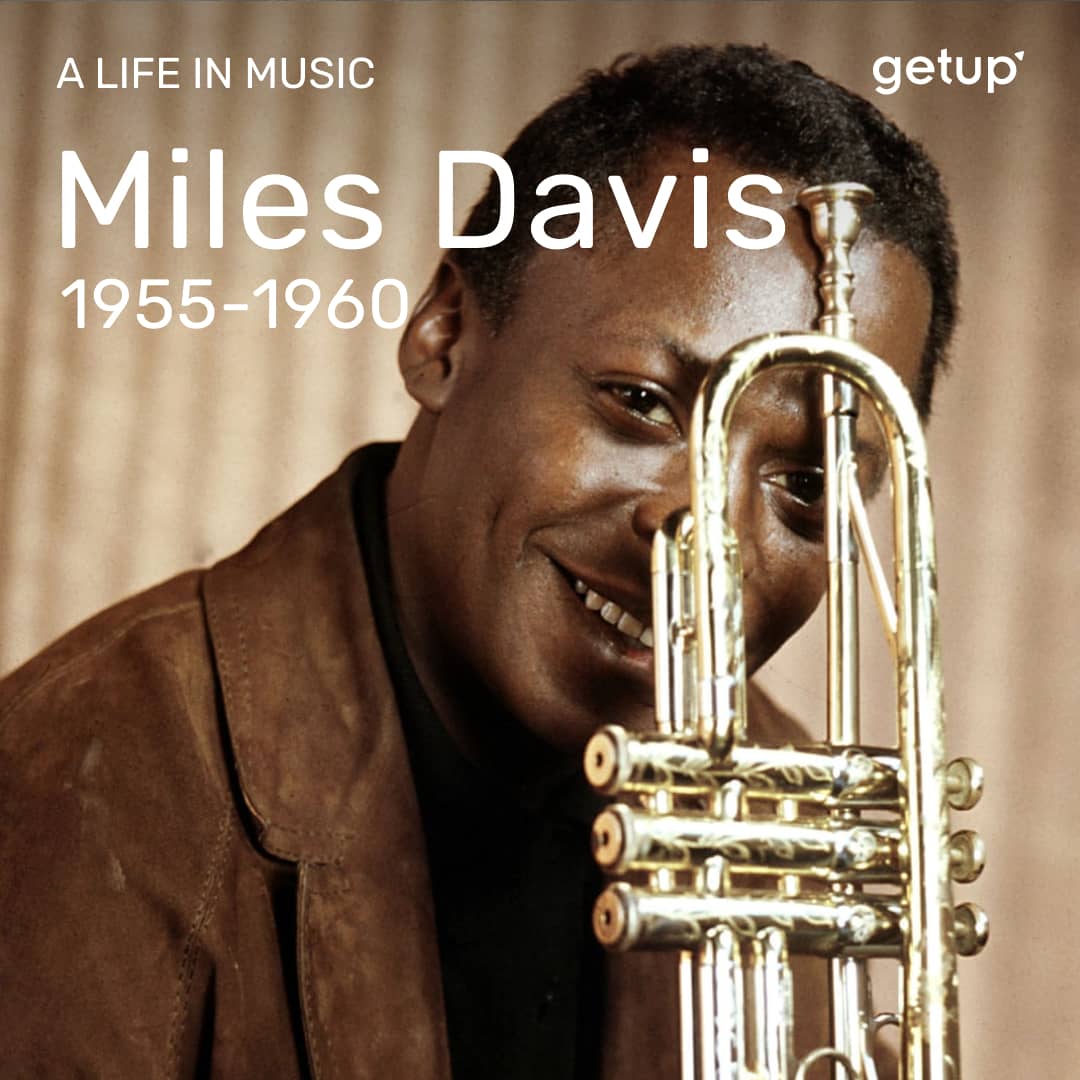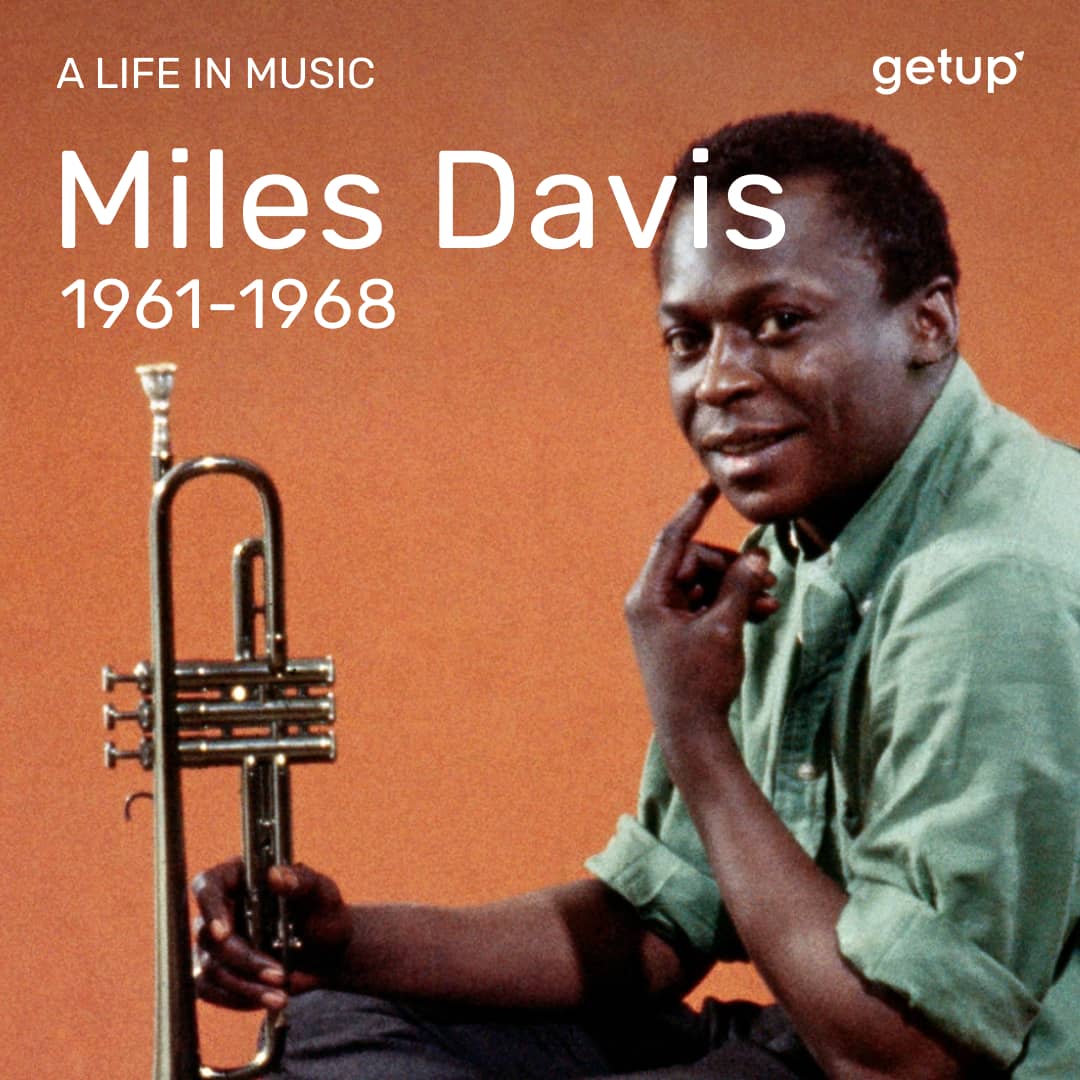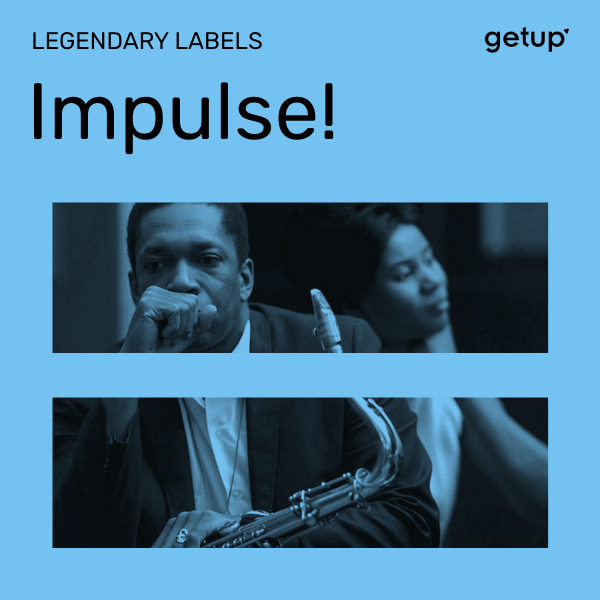"Music is the pleasure the human mind experiences from counting without being aware that it is counting.” (Leibniz)
"All musicians are subconsciously mathematicians." (Monk).
If Herman Poole Blount had to rename himself Sun Ra for the cosmic cause, pianist Thelonious Sphere Monk easily dispensed with this kind of fantasy. His original name is already a metaphysical program. Like all geniuses, you can't tell the work from the person who created it.
Able to make jokes whose absurdity is matched only by Zen koans, this imposing musician, who stood at one meter ninety, enjoyed wearing improbable headgear, danced like a dervish on stage and always gave journalists a hard time. Spare of words, Monk has the same fulgurating power as a spiritual master, as here in 1971:
"What other interests do you have?
Life in general.
What do you do about it?
Keep breathing.
What do you think the purpose of life is?
To die."
Forty years ago, Monk died of apoplexy. For six years, he had already withdrawn from the world, locked in a catatonic and insoluble silence. This silence will obviously be talked about. Some will say that he was insane; others that it was initially just to give himself a style and that it was the bad treatment of the psychiatrists that screwed him up. Or perhaps the man who was sometimes called the "prophet" had access to knowledge that was as profound as it was unbearable?
This silence was already at the heart of his music from the beginning. "The loudest noise in the world is silence", he used to say. One recognizes his absolutely singular playing from the very first measures: widely spaced melodies, complex chords, percussive playing, jolting and elusive solos... As the pianist Laurent De Wilde, author of a formidable biography on the subject, writes: "There are some who are born to be hurt by the piano, but he was born to hurt the piano." His massive, powerful body is involved in a torpid, angular dance as he traverses the keyboard. Putting his enormous ring back on or taking a sip of whiskey become musical gestures in their own right.
Many prestigious musicians have joined in his dance. Miles Davis was frightened by his impromptu silences. Even John Coltrane was put to the test: "Working with Monk is like falling down a dark elevator shaft. His compositions with their oblique and stubborn architectures have become so many unavoidable standards: " 'Round About Midnight ", " Off Minor ", " Straight, No Chaser "... As Jacques Réda wrote: "Monk is the man of an art that could not really end or disappear.
Thelonious Sphere Monk
As mysterious and fascinating as Glenn Gould or Giacinto Scelsi, this iconoclastic genius, who was considered by some to be a madman, revolutionized the approach to jazz piano in a powerful, inimitable and unpredictable style.
Share



